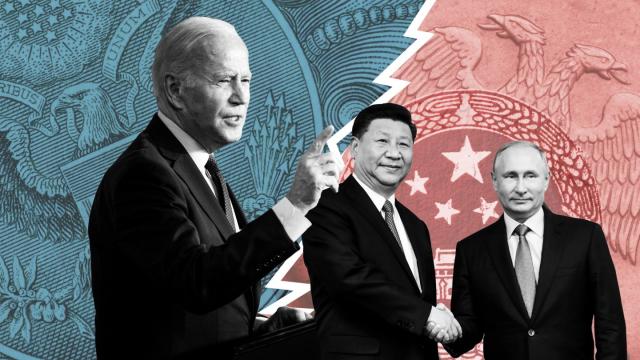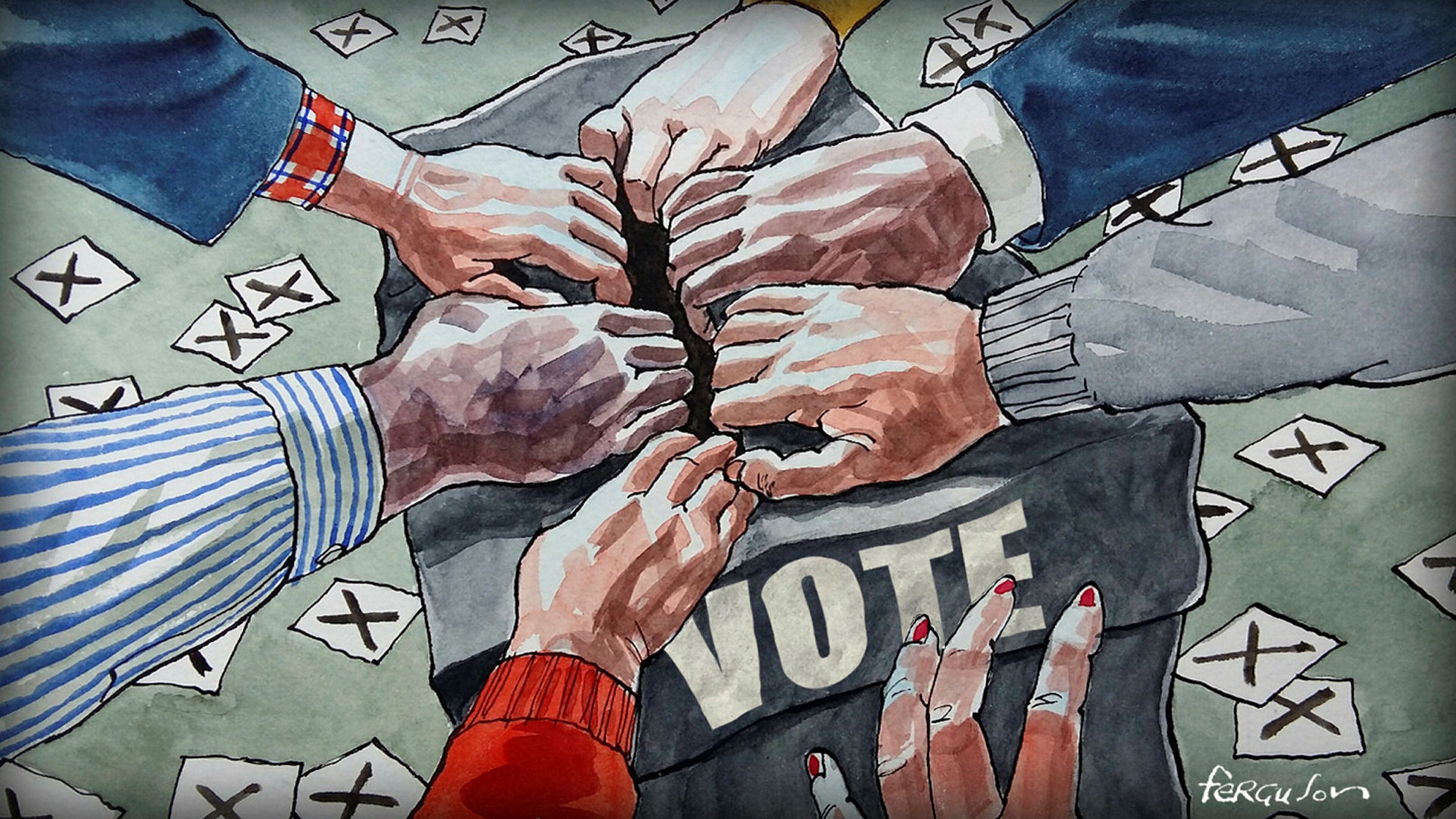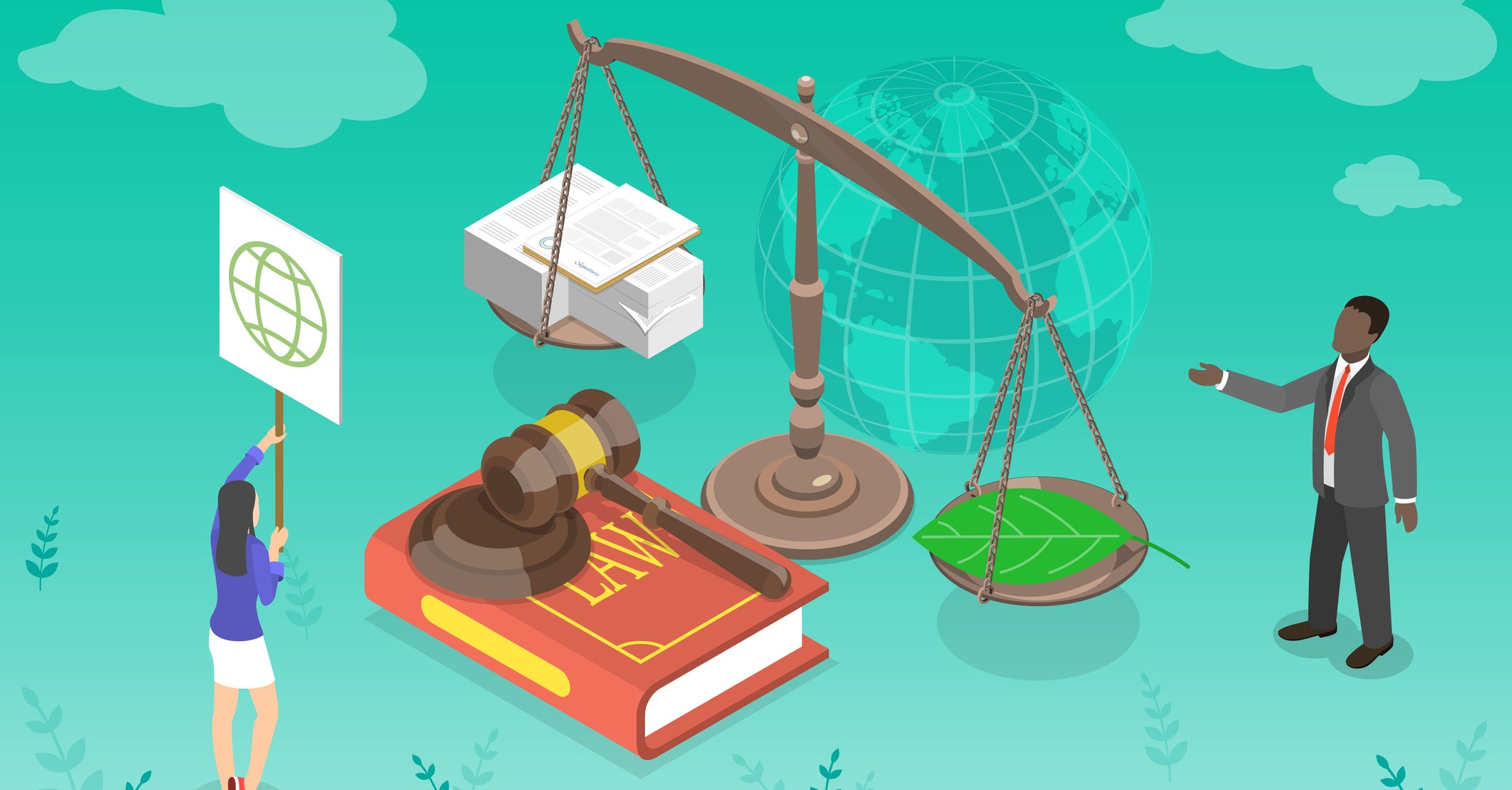
Last month’s Putin/Xi summit answered many questions concerning where the world’s most populous country stood in Russia’s war against Ukraine, and the closeness of two of the most prominent authoritarian leaders in the world. But what remains unknown is whether or not China will commit to providing weapons and military support to Russia, as the US is doing with Ukraine. And while we can only speculate on how the war in Ukraine will eventually end, it’s certain that with China’s tacit support, Russia will feel emboldened to continue to wage war on its western neighbor indefinitely.
As discussed in the previous installment of this series, China is making moves in the Middle East to cement its status as a peacemaker and economic power-broker, with Iran and Saudi Arabia both seeking to join the BRICS (Brazil, Russia, India, China, South Africa) coalition. Argentina and Egypt are also reportedly planning to join BRICS, whose combined GDP has already outpaced the G7 (US, Canada, UK, France, Germany, Italy, Japan) when adjusting for purchasing power parity.
It appears that after their summit, China and Russia are working to rally autocratic and authoritarian-leaning governments under one umbrella. If democracy is to survive in the 21st century, western democracies have to step up in a similar way, both internally and externally.
Western democracies have to lead by example
It’s important to remember that, for average people just trying to live their lives, the most important geopolitical binary isn’t West vs. East, or US vs. China, or G7 vs. BRICS, but democracy vs. authoritarianism. The response to rising authoritarianism from established democracies must be both internal and external.
If left to their own devices, authoritarian countries like China and Russia will seek out other like-minded countries with whom to deepen their bonds. Socially conservative theocracies like Iran and Saudi Arabia, military-led governments like Egypt, and fledgling democracies like Brazil (whose current constitution is younger than this 35-year-old author) are all susceptible to autocratic rule. While it may seem tempting on the surface, autocratic rule has never succeeded in creating a pro-worker, anti-capitalist utopia.
Even the anti-capitalist revolutions in early 20th century China and Russia were led by leaders who abhorred the concept of democracy (Lenin and Mao). Today, Russia could be described as a state capitalist oligarchy, in which the highest net worth individuals have deep ties to the regime while average Russian workers struggle to meet basic needs. The poverty rate in Russia, for example, is around 12%, roughly on par with the US’ 11.6% rate. China’s poverty rate is lower than both Russia and the US, but the Gini coefficient shows its rate of economic inequality is even higher than in the US. According to the Center for Strategic and International Studies, Chinese workers are facing the same dire consequences faced by American workers, largely due to globalization and technological advances:
China is, in fact, no longer a low-wage, low-cost manufacturing country. As the economy boomed in the mid-2000s, wages increased, curbing demand for workers in manufacturing. As a result, labor-intensive, low-end manufacturing (e.g., textiles and electronics) has been relocating to Bangladesh, Vietnam, and elsewhere. The construction industry, a reliable driver of employment for decades, has also slowed significantly in recent years. Official Chinese data indicates that employment in the manufacturing sector has been declining since 2013. Finally, increased automation may also be hurting job opportunities for workers in lower-skilled occupations.
If democracy is to endure, it’s incumbent upon leading democracies around the world to pave the path for other countries watching the US and China. Internally, the US has its own battle for democracy being waged between those who believe in it and those who seek to replace it with authoritarianism, like Donald Trump and Ron DeSantis. Externally, the US needs to build a new partnership with other democracies around the world – particularly in the Pacific Rim – and have that partnership be rooted in environmental sustainability and protection for workers.
Betting the future of democracy on green energy
President Biden has established a goal of completely ending US reliance on fossil fuels for electricity by 2035. Fossil fuel interests are complicating that, however, by waging disinformation campaigns in small American towns where much of the development for renewable energy projects – many of which already have federal funding appropriated for their construction – will take place. But it’s important to couch the messaging in the economic benefits of green energy development, and in the economic costs of failing to meet the moment.
In late March, the Intergovernmental Panel on Climate Change (IPCC) warned that the goal of limiting global warming to 1.5 degrees Celsius – the goal outlined in the Paris Climate Accords – could be out of reach by the early 2030s. IPCC scientists stressed that should warming exceed that amount, it would be catastrophic for the planet’s ecosystems, claiming millions of human lives and the extinction of countless species. The Biden administration is also stressing the economic costs of climate catastrophe: By the White House’s calculations, natural disasters resulting from a rapidly changing climate cost the US alone more than $165 billion just last year. The University of South Florida estimated that in 2022, Hurricane Ian – the third costliest hurricane in US history – cost more than $112 billion (full disclosure: this author works seasonally as a flood insurance claims adjuster and was paid to adjust dozens of Hurricane Ian-related claims last year).
The US economy could lead again by going all-in on green energy infrastructure as a strategy for both job creation and climate politics. Ironically, the US could do this by following China’s example, which, over the last two decades, built an enviable publicly owned high-speed rail network and financed it through debt. The Green New Deal (GND) – a sweeping policy vision to rework US infrastructure from a fossil fuel-based one to one powered by green energy – is a great place to start. In 2019, Scientific American estimated that the GND could create more than 3.4 million new jobs each year between 2040 and 2050.
Giving the Pacific Rim an alternative to China
At the macro level, the US could try again to cement an international partnership between the west and emerging east Asian economies to bolster democracy overseas. In addition to the economic benefits of such a coalition, such a partnership could show an alternative to China’s brand of highly centralized, hierarchical way of conducting business. The Trans-Pacific Partnership (TPP) had to fail due to its failure to provide safeguards for the environment and labor rights, but a new agreement rooted in those principles could be truly transformational.
The TPP was set up to ease trade between the US and smaller Pacific Rim countries, like Brunei, Chile, Malaysia, Peru, Singapore, and Vietnam, as well as larger developed countries like Australia, Japan, and New Zealand, and existing NAFTA countries like the US, Canada, and Mexico. The TPP would have eliminated tariff protections for dairy, beef, and poultry producers in the US, Japan, and Canada, boosting agricultural exports from those countries. Altogether, the TPP would have eliminated approximately 18,000 tariffs placed on US exports to other countries, amounting to hundreds of billions in new economic activity for both the US and its trade partners.
However, where the TPP fell short was in the ease of financial institutions to exploit the agreement, by which a multilateral trade deal would have made it easier for banks to skirt financial regulations imposed by certain jurisdictions. The TPP’s additional protections on patents and copyrights would have made it more difficult for cheaper, generic alternatives to prescription drugs to enter the market, needlessly raising the cost of drugs across the board. And the TPP was blasted by environmental and labor activists for being written in favor of international commerce, meaning corporations would have reaped the enormous benefits of easier international trade, as it would outweigh penalties for violating environmental and labor laws.
A new version of the TPP, geared not toward mere commerce but toward international solidarity in the face of the dual threats of both authoritarianism and climate change, could similarly create an alliance between the west and smaller Asian countries that would show a capable alternative to the traditionally authoritarian Asian powers of China, India, and Russia. As the National Resources Defense Council wrote in 2019, the US could make a few shrewd moves aimed at helping emerging economies develop their own green energy infrastructure, modernize their grids, and design new, cutting-edge green energy tools like solar panels, wind turbines, battery storage, energy-efficient appliances, and electric vehicles. In the process, this could help both the US and its trade partners bolster their local economies.
A byproduct of this partnership would be democracies succeeding in both economic output and climate mitigation, proving that a country can succeed without buying into the brand of authoritarianism preferred by China and Russia. Ultimately, this level of collective action will be necessary not just to stop regional atrocities like those happening in the Ukraine war, but global atrocities like the threat climate change poses to the survival of biodiversity and the human species. An authoritarian approach to such a threat can never work – democracies have to lead.
(This is the second half of a two-part series analyzing geopolitical events in the wake of the Xi Jinping/Vladimir Putin summit. Click here to read part one.)
Carl Gibson is an independent journalist and columnist whose work has been published in CNN, The Guardian, The Washington Post, The Houston Chronicle, Barron’s, Business Insider, and The Independent, among others. Follow him on Mastodon @crgibs@mastodon.social.


















